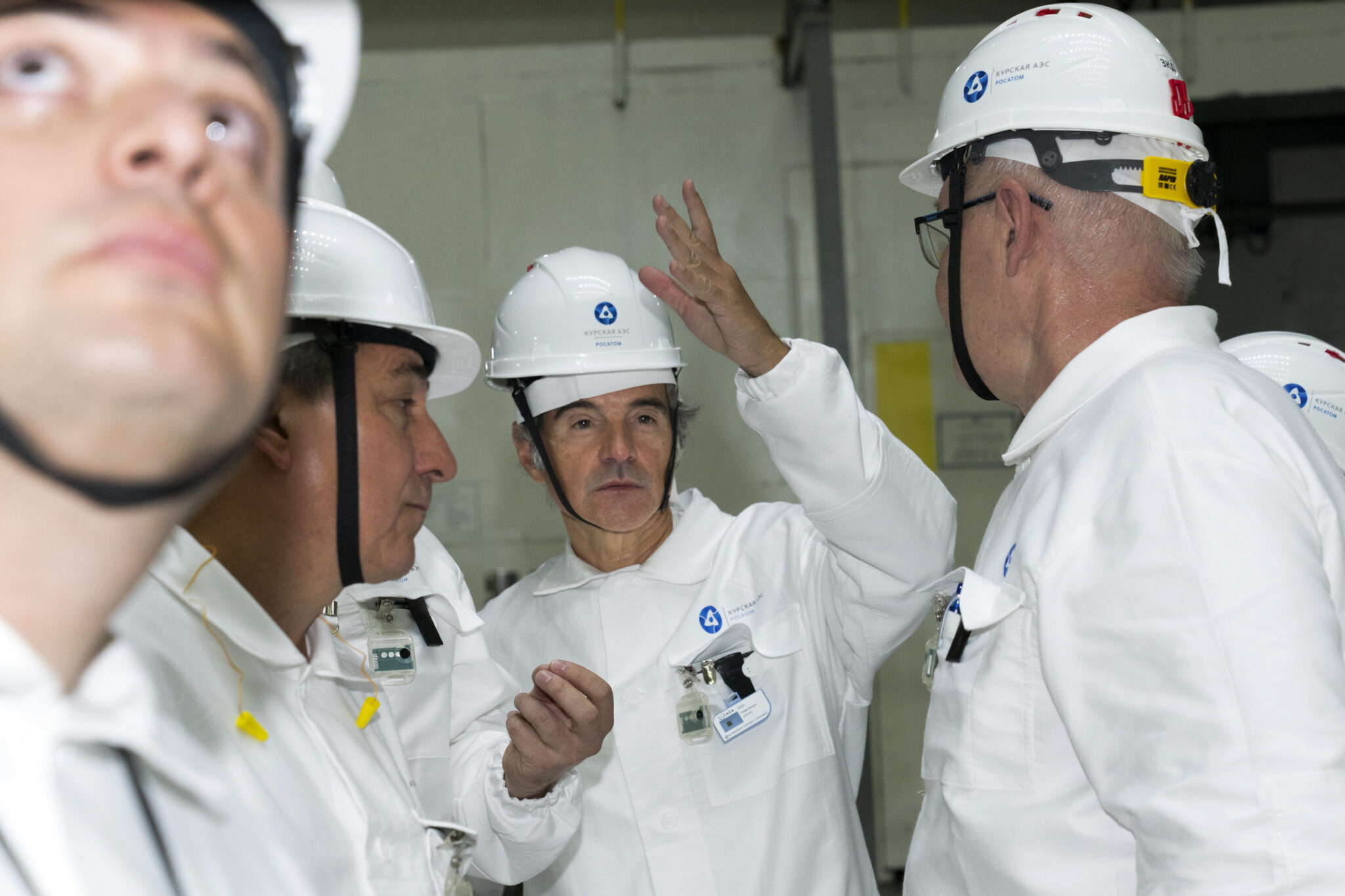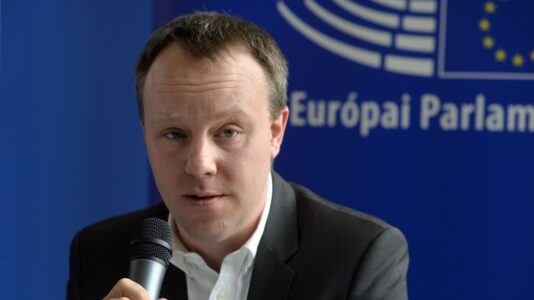As the expanding frontline inches within just a few kilometers of the Kursk nuclear power plant in Russia, there are fears there could be a major nuclear disaster.
“There is a risk of a nuclear incident at the Kursk nuclear power plant,” said Rafael Grossi, Director General of the International Atomic Energy Agency (IAEA), after visiting the facility in Kurchatov, in the Kursk region bordering Ukraine, on Tuesday.
He added that he had seen evidence of drone strikes during his visit to the plant.
“I was told today that there have been several cases of drone attacks on the site (the site of the Kursk nuclear power plant), on the facilities. The fact that there is fighting a few kilometers away from the nuclear power plant raises great concerns and anxiety about the security system,” Grossi added.
He stressed that under no circumstances should a nuclear power plant be the target of military action, nor should it be used by either side for military purposes. The director general also said that the security systems of a plant must be fully operational under all circumstances.
Grossi noted that the IAEA delegation was shown the traces of the Ukrainian attack on the Kursk nuclear power plant. Based on the evidence his team gathered, he said there could be no doubt that Ukraine carried out these strikes and where they came from.
Putin also announced on Thursday that Ukraine had attempted a drone strike on the Kursk nuclear power plant.
Grossi, who said that he had visited the reactor hall, the engine room, and the control room of an operating power plant unit — as well as the spent nuclear fuel storage — found that the Kursk plant was operating at what is very close to “normal” mode.
He stressed that the IAEA is responsible for maintaining nuclear safety and security in nuclear installations worldwide. He said that he had accepted Russian President Vladimir Putin’s invitation to visit the Kursk nuclear power plant with his team to assess the situation personally and to find solutions together with his Russian counterparts. Earlier in the day, the IAEA director general was received by Russian Deputy Foreign Minister Sergei Ryabkov.
He said that he intends to meet Ukrainian President Volodymyr Zelensky next week to discuss, among other things, the situation at the Zaporizhzhya nuclear power plant and the IAEA’s intention to extend its observer presence to other nuclear facilities in Ukraine, as requested by Kyiv.
On the question of whether the Ukrainian side could be building a dirty bomb, Grossi said that the IAEA was present at all nuclear facilities in Ukraine and saw no sign of any leakage of materials for the assembly of such a device.
A statement from the plant’s press service on Tuesday quoted deputy director of personnel Vayim Yelekhich as saying that Russian special services are taking all security measures to ensure maximum protection of the facility and that they are in control of the situation, keeping operating conditions under control. Artyom Sarov, deputy director of the Information Policy Department of the Russian Ministry of Emergency Situations, said that background radiation in the Kursk region was normal.






